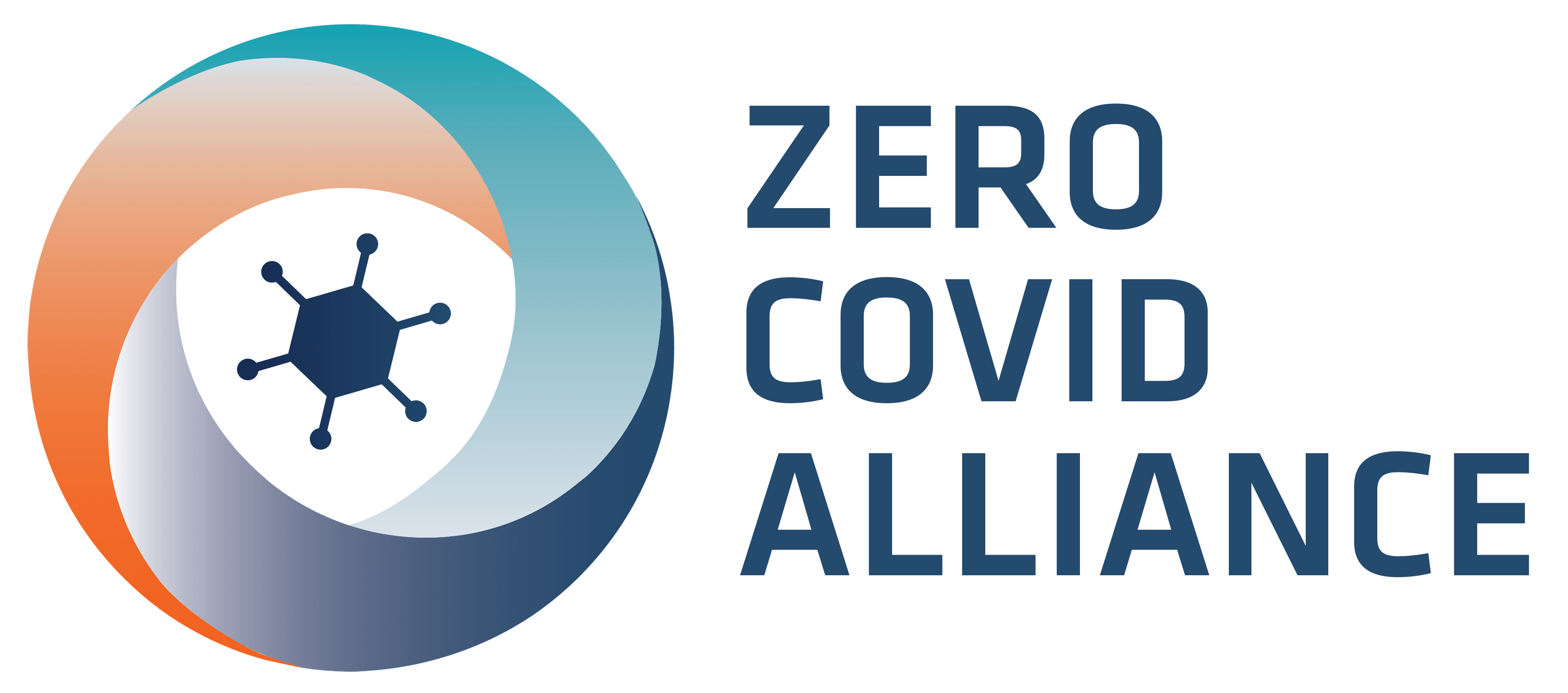Secure a global supply of mRNA vaccines for less than $10 billion?
An analysis by Public Citizen and Imperial College
• Analysis of the US think tank Public Citizen together with scientists from Imperial College calculated: For less than $10 billion, an additional 8 billion mRNA vaccine doses could be produced within a year
• As the development site for BioNTech and CureVac vaccines (18% owned by the federal government), Germany has a special global responsibility to end the pandemic
• Zero Covid demonstrates in broad alliances from March 6th to June 13th for patent release and mRNA technology transfer
Public Citizen’s calculations that were published on the 26th of May estimate that BioNTech or Moderna could produce enough additional vaccine doses for around $9 billion and $23 billion respectively to vaccinate low and middle-income countries within a year. The prerequisite is a coordinated build-up of production capacities. The Zero Covid campaign calls on the German government to do everything in its power to ensure that such a production plan can also be implemented in emerging countries through the bundled transfer of mRNA vaccine technologies from BioNTech and CureVac.
“MRNA production facilities are smaller, cheaper and quicker to set up. Many more companies would be able to convert to mRNA vaccine production than for other types of vaccines, ”write Dr. Zoltán Kis and Zain Rizvi in their report. „The question is: will those responsible make the urgently needed global effort?” continues Public Citizen.

“The mRNA vaccines will play a key role in ending the pandemic. Because they are highly effective, have few side effects and can be quickly adapted to mutations, ”explains Jonathan Schmidt-Dominé from the Zero Covid campaign. “Nevertheless, Moderna and BioNTech will only produce around 3.4 billion bottles this year, especially for rich countries that may need boosters soon. While AstraZeneca is only recommended for people over the age of 60 in Germany, almost no other vaccine is available in the poorest countries. The inactivated vaccines from China and India show only a limited effect. The establishment of the necessary production capacity for mRNA vaccines must finally be approached as a global task and not be subordinated to profit expectations or location interests. Because it can be easily adapted to other diseases, it’s also a way to prepare for future pandemics.”
“We have to expand access to vaccines, forego intellectual property rights and support technology transfer,” said Prof. Richard Horton, editor-in-chief of the renowned specialist journal The Lancet, on Monday May 24th at a panel discussion of the Zero Covid Alliance: “Even in those countries who have been vaccinating the most, the pandemic is not over and we have to be extremely careful”.
The Zero Covid campaign has been promoting the sharing of mRNA vaccination technologies under non-exclusive licenses (e.g. via the mRNA technology transfer node proposed by the WHO) and a globally coordinated expansion of vaccine production along the entire supply chain – as one of five requirements within a consistent and solidarity pandemic control strategy.
For questions and interviews, please contact:
Jonathan Schmidt-Dominé
zerocovid@gmx.net
